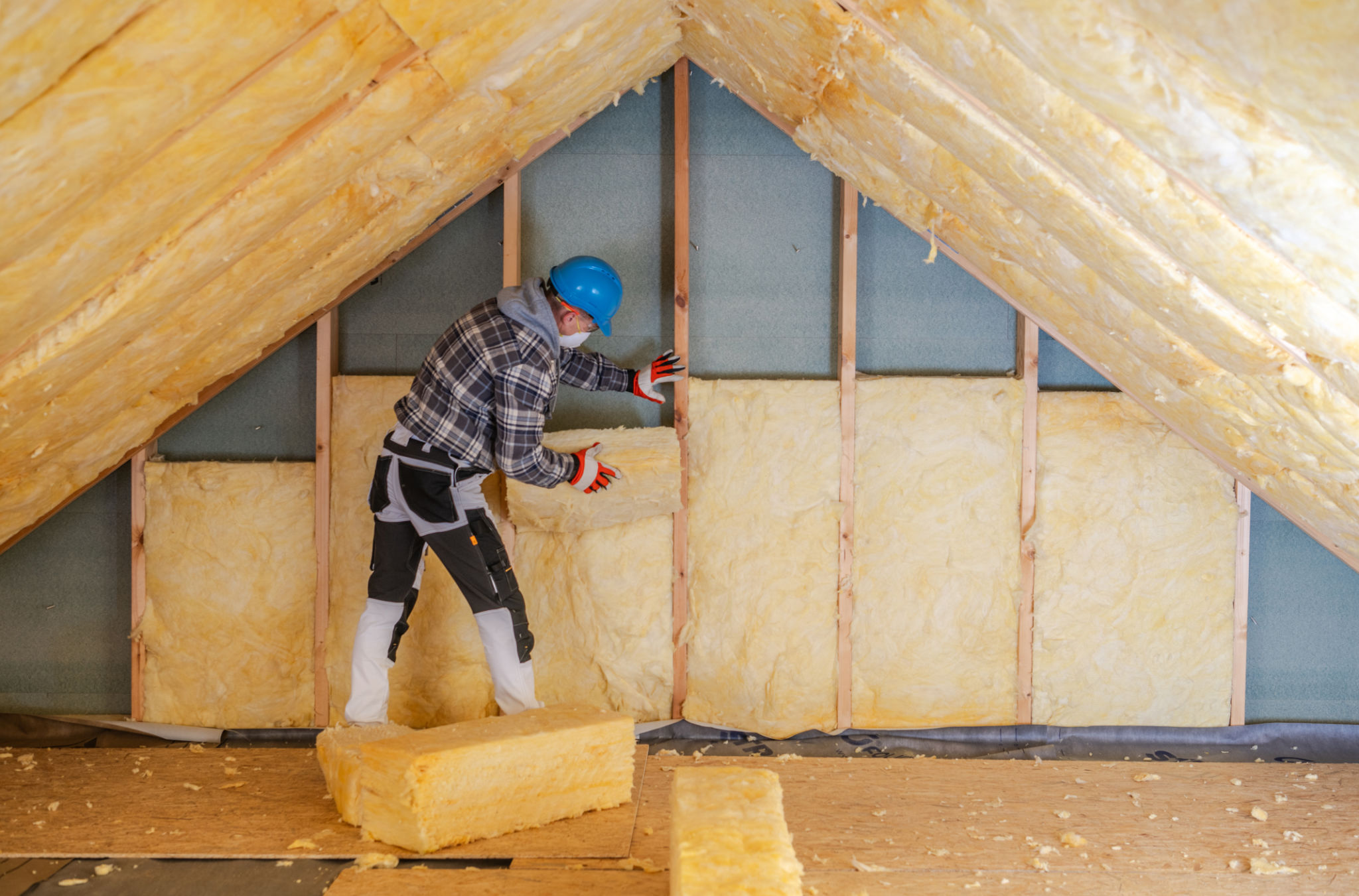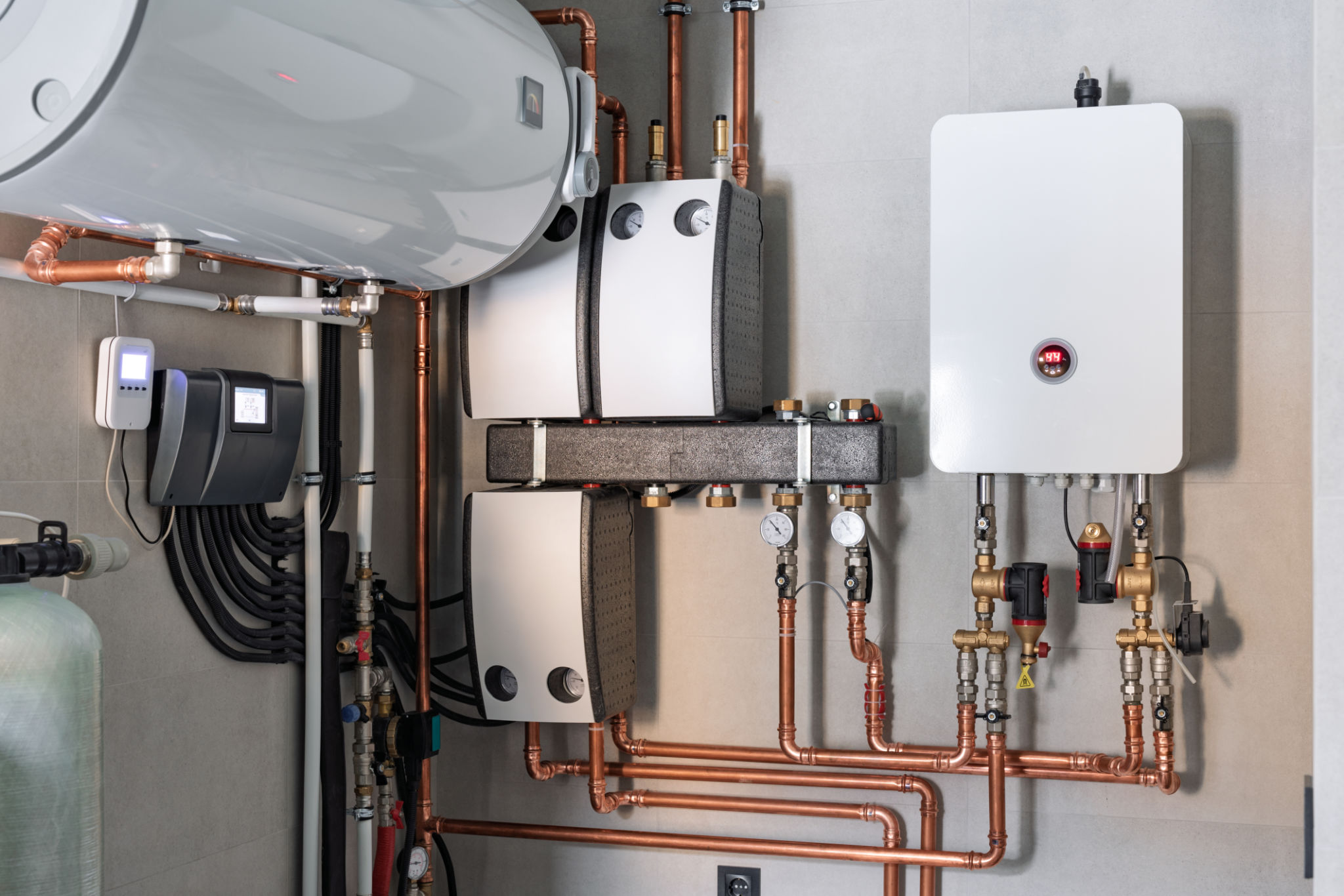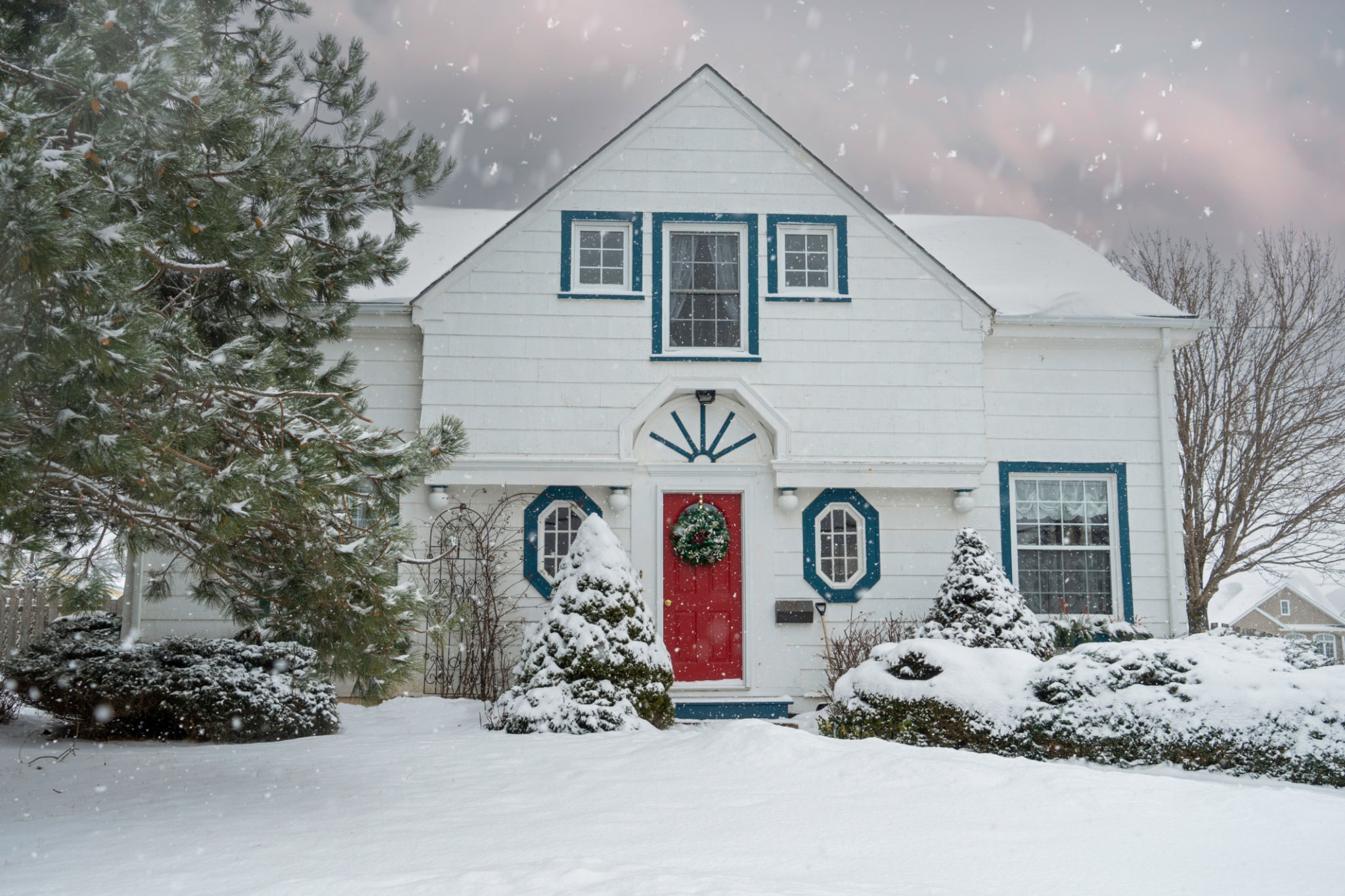How to Prepare Your Essex Property for Winter
Assessing Insulation Needs
As the cold months approach, ensuring your property is well-insulated is key to maintaining warmth and reducing energy bills. Start by checking the insulation in your attic, walls, and floors. Look for any signs of wear or gaps that could allow cold air to seep in.

Upgrading Windows and Doors
Windows and doors are common culprits for heat loss. Consider upgrading to double-glazed windows if you haven’t already. They provide an extra layer of insulation, helping to keep the warmth in and the cold out. For doors, weather stripping is an affordable solution that can seal gaps around the frame.
Heating System Maintenance
Your heating system is your best friend during winter. Ensure it's in top condition by scheduling a professional inspection. Clean or replace filters, check for leaks, and make sure the system operates efficiently. This not only guarantees warmth but also extends the lifespan of your heating unit.

Radiator Bleeding and Efficiency
If you have radiators, bleeding them is a simple task that can improve efficiency. Over time, air can get trapped inside, causing cold spots. Bleeding removes this air, allowing the radiator to heat up fully. Additionally, consider installing radiator reflectors to prevent heat from escaping through walls.
Outdoor Preparations
Don’t forget about the exterior of your property. Check gutters and downspouts to ensure they are clear of debris. Clogged gutters can lead to water damage and ice dams, which can be costly to repair. Trim any overhanging branches that could break under snow weight and cause damage.

Garden and Outdoor Furniture
Prepare your garden for winter by storing outdoor furniture and equipment in a shed or garage. If space is limited, invest in durable covers to protect them from the elements. Drain and store garden hoses to prevent them from freezing and cracking.
Pipes and Plumbing Protection
Frozen pipes are a common issue during winter, leading to potential bursts and water damage. Insulate exposed pipes in unheated areas using foam pipe covers. Additionally, keep a slow trickle of water flowing through faucets during extreme cold spells to prevent freezing.

Emergency Preparedness
Finally, prepare for potential winter emergencies. Stock up on essentials such as candles, batteries, bottled water, and non-perishable food items. Ensure you have a reliable snow shovel or blower ready for heavy snowfall days. Being prepared can provide peace of mind during unexpected weather events.